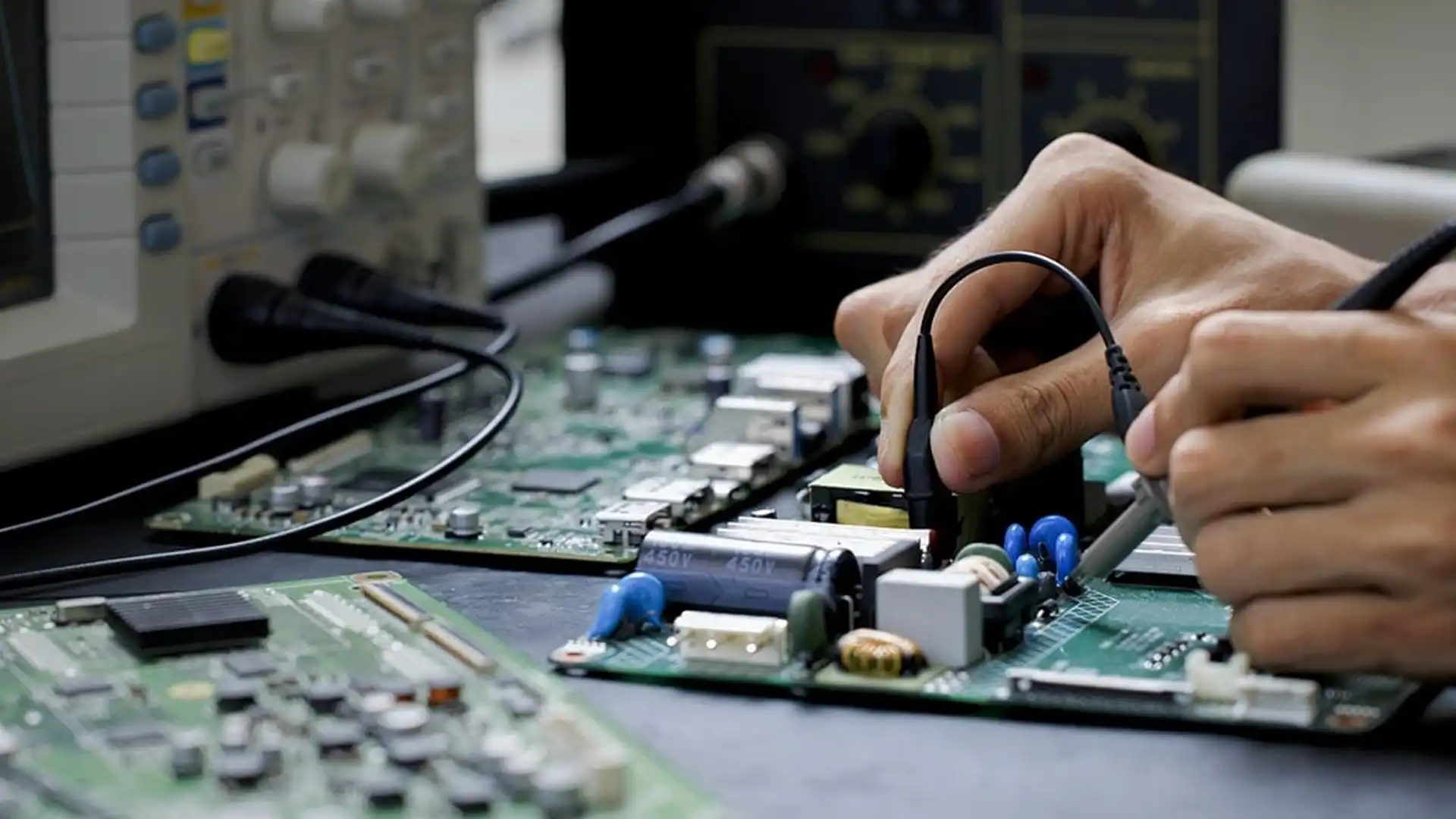In embedded systems development, speed and precision are crucial. Traditional methods of coding directly on the target hardware can be both time-consuming and risky. That’s where Rapid Control Prototyping (RCP) comes in—offering a more efficient path from concept to real-world testing.
What is Rapid Control Prototyping?
RCP is a method that allows engineers to design and test control algorithms using real-time hardware before moving on to the final embedded target. This approach shortens development cycles by enabling direct experimentation and adjustments without the need for constant recompilation or full-scale deployment.
Rather than relying solely on simulations or delayed testing, RCP bridges the gap between theory and practice. Engineers can validate how their control strategies perform under real conditions and make quick changes as needed.
Why It Matters
When developing complex systems—especially in industries like automotive, aerospace, or industrial automation—every iteration counts. Traditional workflows are often limited by long debugging cycles and restricted hardware feedback. RCP changes that dynamic by:
- Providing real-time insights
- Reducing testing time significantly
- Improving overall system reliability
These improvements can make a meaningful difference, especially in safety-critical applications.
DEICO’s RCP Capabilities
At DEICO, we offer scalable RCP solutions tailored to meet the demands of various industries. Our systems support real-time hardware, intuitive interfaces, and compatibility with model-based development environments.
Whether you’re building a prototype for an engine control unit or testing automation software for a production line, DEICO’s RCP tools help reduce development risks and speed up testing.
Common Use Cases
Some of the areas where RCP proves especially valuable include:
- Vehicle control units (ECUs)
- Autonomous systems
- Robotics
- Smart grid and energy systems
- Industrial control applications
By allowing early integration and testing, RCP supports faster decision-making and better performance outcomes.
Final Thoughts
Rapid Control Prototyping is more than just a tool—it’s a smarter way to develop embedded systems. By enabling early testing on real-time hardware, it helps reduce costs, avoid late-stage surprises, and bring products to market faster.
